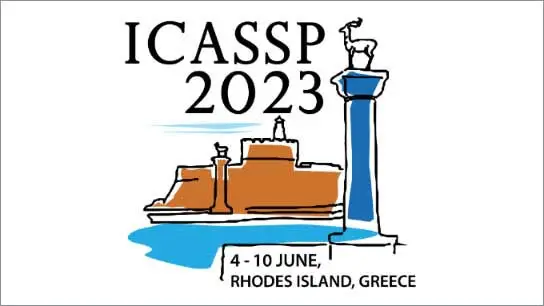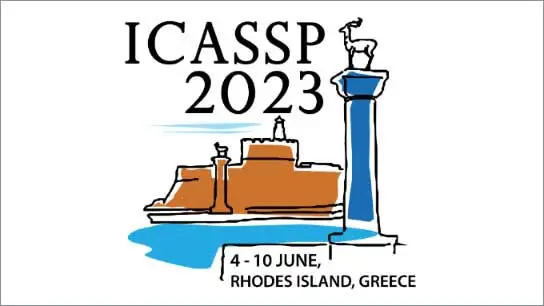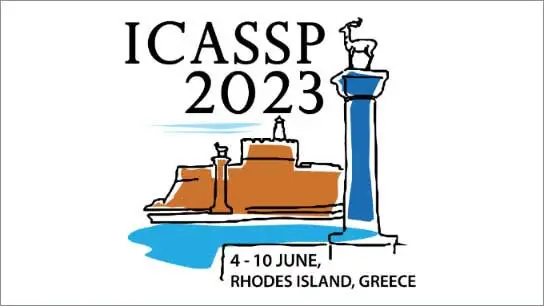Deep Learning Sparse Array Design Using Binary Switching Configurations
Syed Ali Hamza (Widener University); Kyle Juretus (Villanova University); Moeness Amin (Villanova University); Fauzia Ahmad (Temple University)
-
Members: FreeSPS
IEEE Members: $11.00
Non-members: $15.00
07 Jun 2023
Deep learning has been shown to be a powerful tool in array processing. Sparse array reconfigurability can be an integral part of cognitive sensing in dynamic radio frequency (RF) environments. In this respect, fast-switching that avoids hardware complexity, insertion loss, and crosstalk distortion is paramount to a realizable perception-action cycle. In this paper, we design sparse arrays using binary switching per RF chain for optimum beamforming that maximizes signal-to-interference-and-noise ratio (SINR). We apply two binary switching strategies and examine their achievable sparse array classification rates and SINR using convolutional neural networks as well as the less complex structure of multilayer perceptron.



